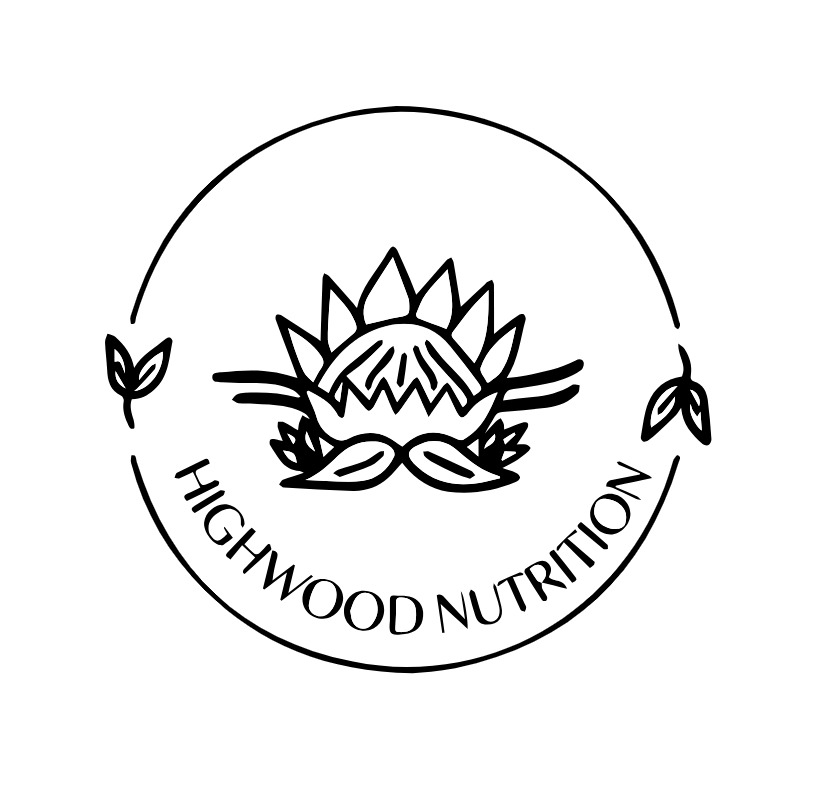
In recent years, greens powders like AG1 have taken the health and wellness world by storm, with bold promises ranging from improved gut health to increased energy and focus. These products are marketed as miracle workers that can fill in the gaps, even for those with what seems like a well-rounded diet. But can a single scoop really provide all the nutrients your body needs? Let’s take a closer look at the science behind AG1 and other superfood supplements to uncover what’s really going on.
The Promise of Nutritional Perfection
AG1 touts its ability to deliver optimal amounts of nutrients in forms that help your body thrive. The marketing suggests that even a well-rounded diet may leave some nutritional gaps, but is this really the case? While it’s true that certain nutrients can be more challenging to obtain when considering nutrient bioavailability and contributing factors (diet composition, cooking techniques, etc), individuals with dietary restrictions, the idea that a single supplement can comprehensively address all nutrient needs is questionable.
The Energy Boost: Fact or Fiction?
One of AG1’s main claims is that it boosts energy levels. However, we must ask: how was this energy boost quantified? Were participants maintaining a constant baseline diet while taking AG1, or were they naturally increasing their physical activity in an effort to be “healthier”? Energy, or ATP production, in the body relies on macronutrients—sugars, fats, and proteins. Simply put, if AG1 does not contain the aforementioned macronutrients (which it does not), physiologically ATP/ energy is not being produced when AG1 is ingested.
Focus: More Than Just a Placebo?
AG1 also claims to enhance focus, but the evidence backing this assertion is lacking. How was focus measured? The mention of ingredients like Rhodiola, magnesium, and B vitamins that purportedly optimize resilience to stress sounds appealing, but these claims often rely on subjective assessments. Without rigorous, controlled studies to substantiate these benefits, we might be seeing more of a placebo effect than real cognitive enhancement.
Stress and Mood: Can Supplements Really Help?
When it comes to stress and mood balance, AG1 claims that folate and magnesium can help build mood-supporting neurotransmitters and promote relaxation. While there’s some truth to the role of these nutrients in mental health, their effectiveness can vary widely from person to person. Furthermore, a supplement should never be viewed as a replacement for proven stress-reduction techniques or therapies.
Immune Defense: Do the Claims Hold Up?
AG1’s assertion that it can boost immune defense through a combination of vitamin C, zinc, and functional mushrooms sounds good on paper. These nutrients do play a role in immune function, but their efficacy is contingent upon various factors, including overall diet and lifestyle. It’s essential to remember that no single supplement can replace a balanced approach to nutrition and health.
Gut Health: A Complex Picture
The supplement also claims to improve gut health through prebiotics, probiotics, and digestive enzymes. While a healthy gut microbiome is crucial for overall health, the differentiation between “healthy” and “unhealthy” bacteria is complex. AG1 cites a clinical trial showing an increase in healthy gut bacteria, but it raises questions: which strains were measured, and how was this health defined?
The Research Behind the Hype
AG1 references clinical trials and observational studies to bolster its credibility. However, the specifics of these studies often leave much to be desired. For instance, one observational study reported that 97% of participants felt more energy, but subjective self-reports can be misleading. Furthermore, a note on the AG1 website indicates that these statements have not been evaluated by the Food and Drug Administration, which is a critical caveat that consumers should consider.
The Convenience Factor: Is It Too Good to Be True?
So, what draws people to products like AG1? Convenience is a significant factor. The idea of a quick, on-demand nutritional boost is undeniably appealing. However, this ease often leads to vague testimonials and general claims that may not hold up under scrutiny. The endorsements from health experts and athletes, while impressive, do not necessarily equate to effectiveness for the average consumer.
The Cost and the Whole Foods Philosophy
At around $79 USD ($113 CAD) per month, AG1 is a costly endeavour – totalling nearly $1,286.42 CAD per year. For many, this expense could increase medication burdens or detract from the “whole foods first” philosophy of nutrition. Some individuals might even fall into the trap of thinking they can replace whole fruits and vegetables with a supplement, potentially leading to a deficiency in dietary fibre and other essential nutrients.
Individual Needs Matter
Lastly, it’s crucial to recognize that micronutrient needs can vary dramatically among individuals. Those with specific dietary restrictions, health conditions, or unique nutrient requirements may not benefit from a one-size-fits-all approach. For individuals with gastrointestinal issues, such as IBS or IBD, supplements like AG1 could even exacerbate symptoms.
Conclusion: Rethinking the Greens Powder Hype
While greens powders like AG1 may offer certain individuals some benefits, it’s important to approach them with a critical eye. Many of the claims surrounding these products are based on unclear science or subjective self-reports. Ultimately, the convenience of a supplement should never overshadow the importance of a well-rounded, whole-foods-based diet. Before jumping on the greens powder bandwagon, ask yourself: Are you truly addressing a nutritional gap, or just falling for the marketing hype?
